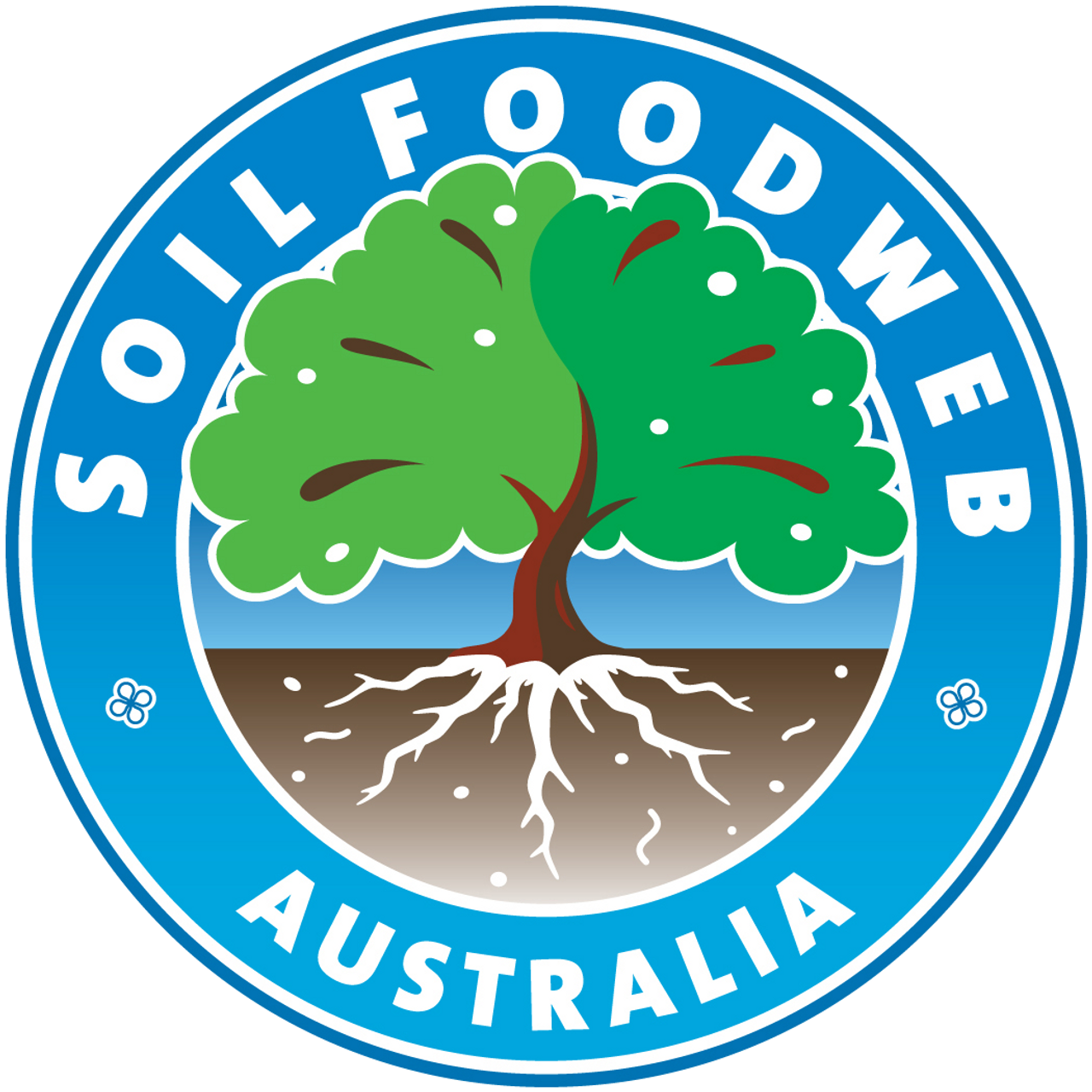Product Description
Intermediate Small Microscope Course (3 Day)
Next Course: 4th, 5th & 6th of September 2020
Location: SFI Laboratory, 12 Ridge Terrace, Millicent, SA, 5280
Cost: $1,500.00 (+ GST), which includes the microscope manual.
Program
These classes are for people wanting or needing further instruction on what they see using their microscope for checking
their compost teas and extracts, compost, soils and their additives. Please bring your own microscope along with you to use
in the class. If you do not have a microscope there will be one available to share and/or purchase.- We will go through Kohler illumination and get everyone to be able to maximise the amount of light their microscope
can focus on the sample.
- Shadowing techniques. This is critical. The microscopes we have at SFI use DIC, which is a shadowing technique, and
allows you to clearly see things that have the same refractive index as water. Phase contrast methods fail because of that
little problem. So, with your inexpensive compound scopes, we will help you do what you can to mimic the kind of clarity we
get with SFI scopes.
- We will look at examples of the many different organisms you will be seeing in compost teas, extracts, compost, and
soils. We will do compost and soil preps as well, so you can see changes in the beneficial organisms with additions of
biological food/inputs.
- We will see different kinds of bacteria, fungi, protozoa, and nematodes.
You cannot ID the cells you see to the species level. Often not even to genus. You can however, get an idea of how much
the KINDS of bacteria or fungi or protozoa, etc. are changing in your tea, extract, compost and soils.
- We will help you see when your tea is “ready”. We will help you learn the cues you need to develop for your own
system, to know whether the tea is growing enough of the right organisms.
- We will teach you how to tell if your tea is “ready”. If you don’t have the biology you need, you should brew longer, or
add some foods, or even add more compost.
- We will go through the qualitative method for determining tea with adequate or even outstanding organism biomass, or
determining “bad” tea or compost, lacking in the proper set, or kinds, of organisms. We’ll go through some ideas for “fixing”
bad tea or compost. Sometimes, you just should throw it on some weeds, because it would be nice to kill them. Sometimes,
you can add more compost/different compost, or more foods, and bring the tea/compost up to par. We will go over how you
know those situations.
You need a microscope with 4X, 10X, and 40X objective lenses. 10X eyepieces.
-We will go through qualitative method of looking at compost to see what the general quality of purchased (or intended
purchase) compost or made compost is like.
-We will go through questions and answers
 Australian Dollars
Australian Dollars
 US Dollars
US Dollars
 European Euros
European Euros
 New Zealand Dollars
New Zealand Dollars












